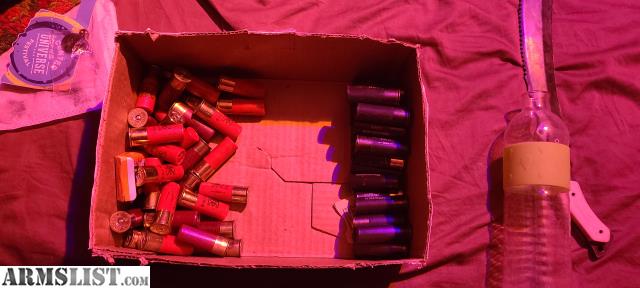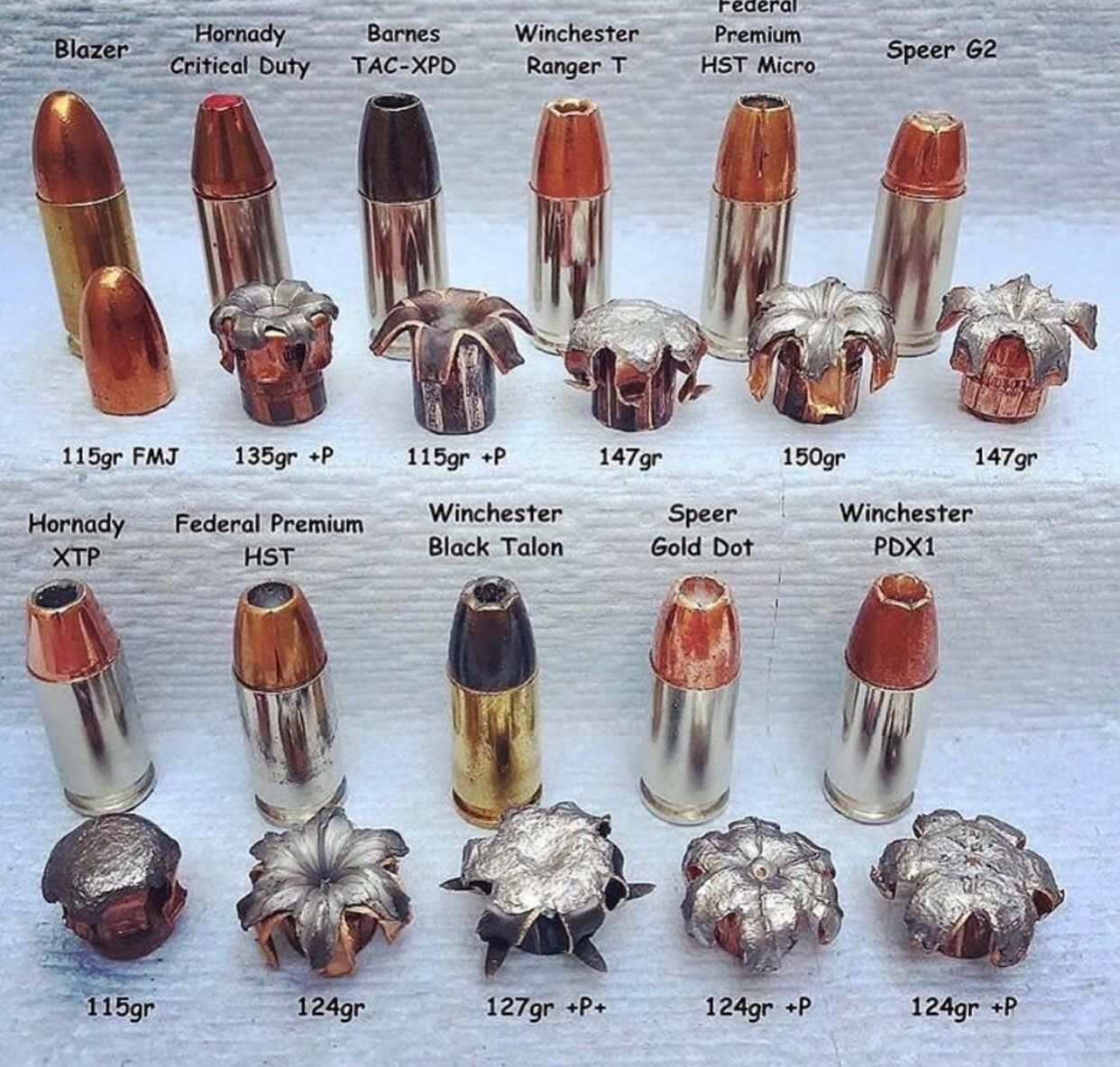While technically FMJ (full metal jacket) ammunition can be used for self-defense, it’s generally not recommended due to several key drawbacks compared to other types of ammunition, especially hollow point rounds. Here’s a breakdown:

Drawbacks of FMJ for self-defense:

- Limited stopping power: FMJ bullets tend to pass through the target without significant expansion, potentially requiring more shots to incapacitate an attacker.
- Overpenetration: FMJ rounds retain their shape and penetrate deeply, increasing the risk of injuring bystanders or causing collateral damage.
- Narrow wound channel: FMJ bullets create smaller wound channels compared to expanding bullets, potentially reducing their effectiveness in stopping an attacker.
- Legal considerations: Depending on local laws, using FMJ in a self-defense situation might raise questions about your intent and potentially harm your legal case.
Advantages of FMJ:

- Cost-effective: FMJ is generally cheaper than self-defense ammunition like hollow points, making it more affordable for practice.
- Reliable penetration: FMJ bullets are less likely to be deflected by obstacles, making them a good choice for situations where barriers might be present.
Alternatives for self-defense:
- Hollow point (HP) ammunition: Designed to expand upon impact, creating a larger wound channel and transferring more energy to the target, increasing stopping power and reducing overpenetration risk.
- Other defensive ammunition: Various specialized rounds offer controlled expansion, ricochet control, or other features depending on specific needs.
Ultimately, the decision of whether to use FMJ for self-defense is a personal one. However, it’s crucial to weigh the drawbacks and consider alternative options that offer better stopping power and reduced risk of collateral damage. Consulting with a qualified firearms instructor or legal professional can help you make an informed decision based on your specific situation and local laws.
Remember:
- Safety always comes first. Ensure proper training and responsible gun handling regardless of the ammunition type you choose.
- Know the laws in your area. Understand any legal implications of using specific types of ammunition for self-defense.
- Prioritize stopping power and minimizing risk. Choose ammunition that effectively incapacitates an attacker while minimizing the chance of harming bystanders.
I hope this explanation helps!






